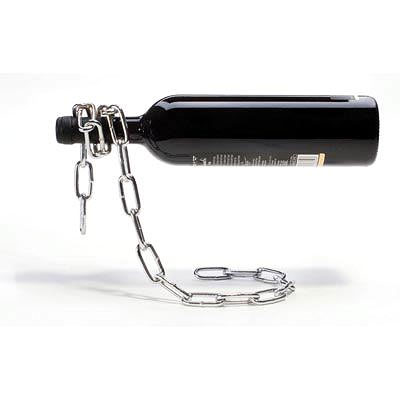So these three men stopped answering Job, because he was righteous in his own eyes. But Elihu son of Barakel the Buzite, of the family of Ram, became very angry with Job for justifying himself rather than God. He was also angry with the three friends, because they had found no way to refute Job, and yet had condemned him. Now Elihu had waited before speaking to Job because they were older than he. But when he saw that the three men had nothing more to say, his anger was aroused.
Elihu appeared on the scene without prior mention in Job 2:11. Job had been having a back and forth with those three friends. The short version of what was said would be: Job saying, as far as I can tell, I've lived rightly with his friends saying, since you are suffering you must have done something wrong.
Elihu, apparently, quietly listening all this time, decided to enter the fray.
So Elihu son of Barakel the Buzite said:
I am young in years,
and you are old;
that is why I was fearful,
not daring to tell you what I know.
I thought, 'Age should speak;
advanced years should teach wisdom.'
But it is the spirit in mortals,
the breath of the Almighty, that gives them understanding.
It is not only the old who are wise,
not only the aged who understand what is right.
His remarks made me think of Joel 2:28-29,"And it shall come to pass afterward, that I will pour out my Spirit on all flesh; your sons and your daughters shall prophesy, your old men shall dream dreams, and your young men shall see visions. Even on the male and female servants in those days I will pour out my Spirit."
Certainly, we should respect our elders but, of course, wisdom can come from youth when it is directed by the Spirit. And so Elihu continued to set up his remarks ...
Therefore I say: Listen to me;
I too will tell you what I know.
I waited while you spoke,
I listened to your reasoning;
while you were searching for words,
I gave you my full attention.
But not one of you has proved Job wrong;
none of you has answered his arguments.
Do not say, 'We have found wisdom;
let God refute him, not a mere mortal.'
But Job has not marshaled his words against me,
and I will not answer him with your arguments.
They are dismayed and have no more to say;
words have failed them.
Must I wait, now that they are silent,
now that they stand there with no reply?
Though this passage doesn't advance a particular argument at this point, I think it is an interesting window into the dynamics of the discussion.
Like Elihu, in reading much of the preceding prior chapters, I felt dissatisfied. At times, it all seemed repetitive. In some cases, the rhetorical flourishes were interesting but the point was essentially the same.
And so I await what Elihu will say... but first a bit more drum roll by Elihu!

image source: http://www.7gadgets.com/2007/11/28/wine-bottle-holder/3593
I too will have my say;
I too will tell what I know.
For I am full of words,
and the spirit within me compels me;
inside I am like bottled-up wine,
like new wineskins ready to burst.
I must speak and find relief;
I must open my lips and reply.
I will show no partiality,
nor will I flatter anyone;
for if I were skilled in flattery,
my Maker would soon take me away.
I suppose one lesson I can draw from this passage is in light of my role as a youth group volunteer. The adult people in the group do our share of teaching and we should. But clearly there are times when the youngsters are ready to speak up and we should give them that opportunity.
Lord, help me to teach others with wordless actions and when words are used may they be with humility mixed with boldness. Help me to encourage young people to explore your words and be open to give them the opportunity to express themselves in questions and a receptiveness on my part to learn from them. Amen.






